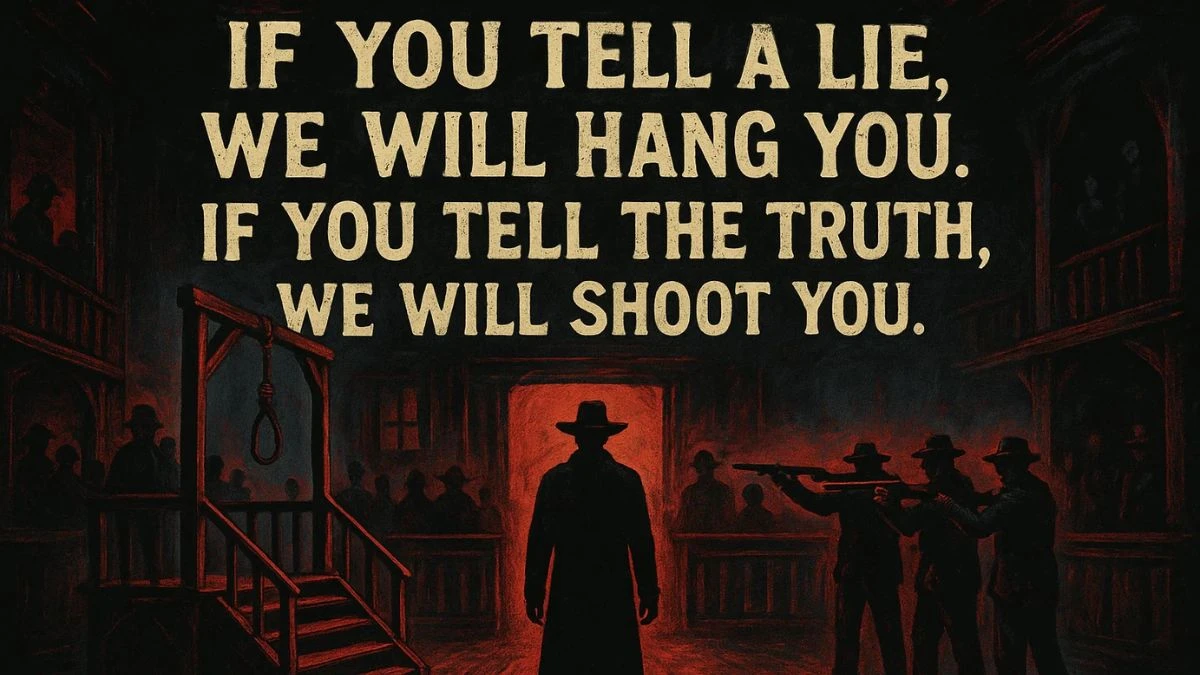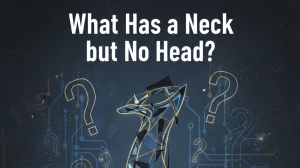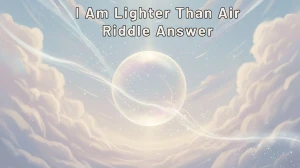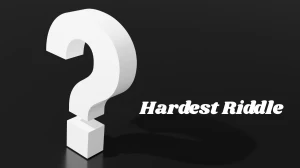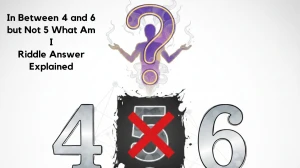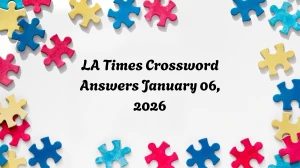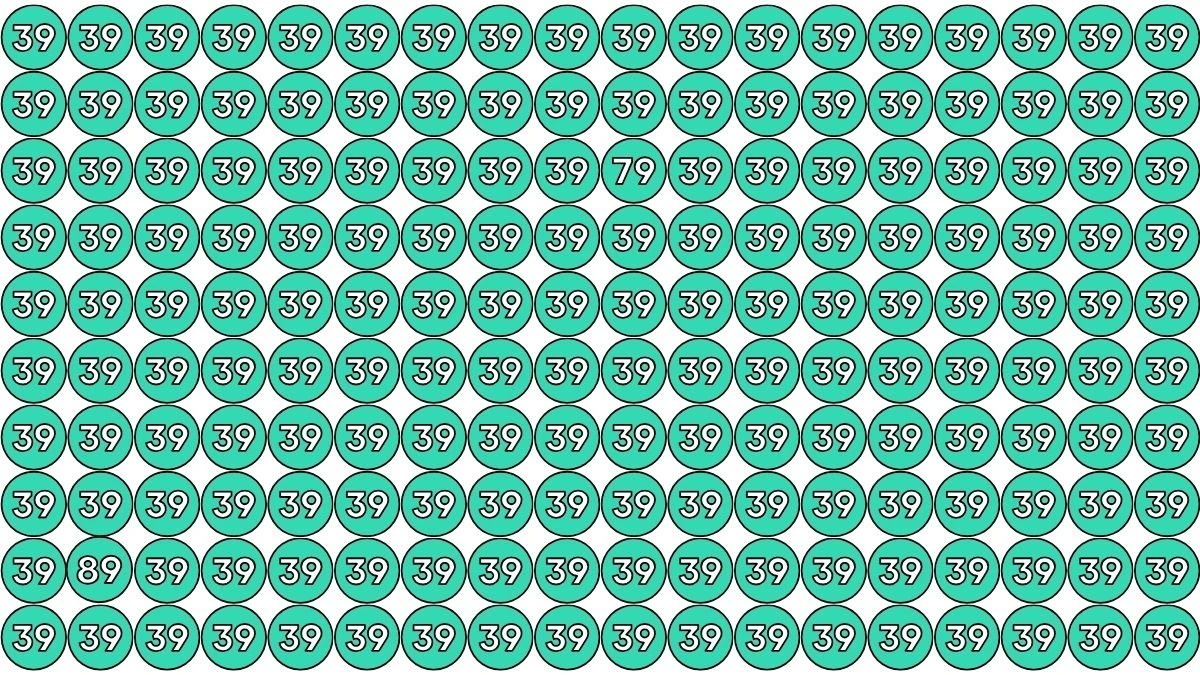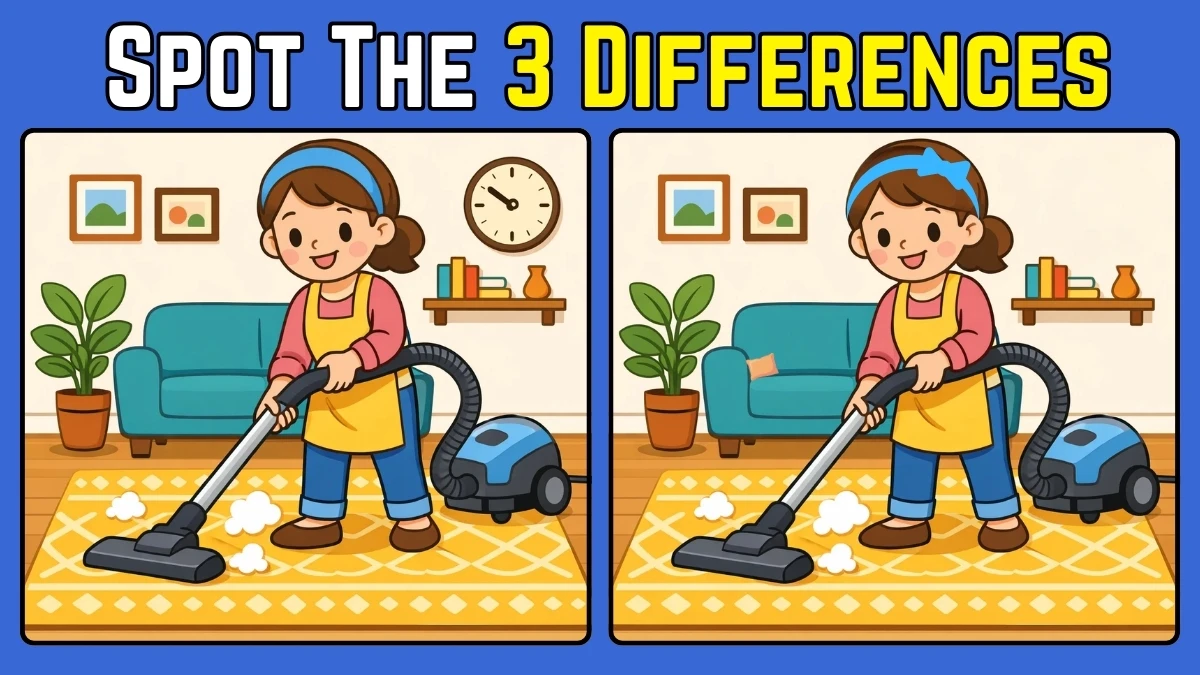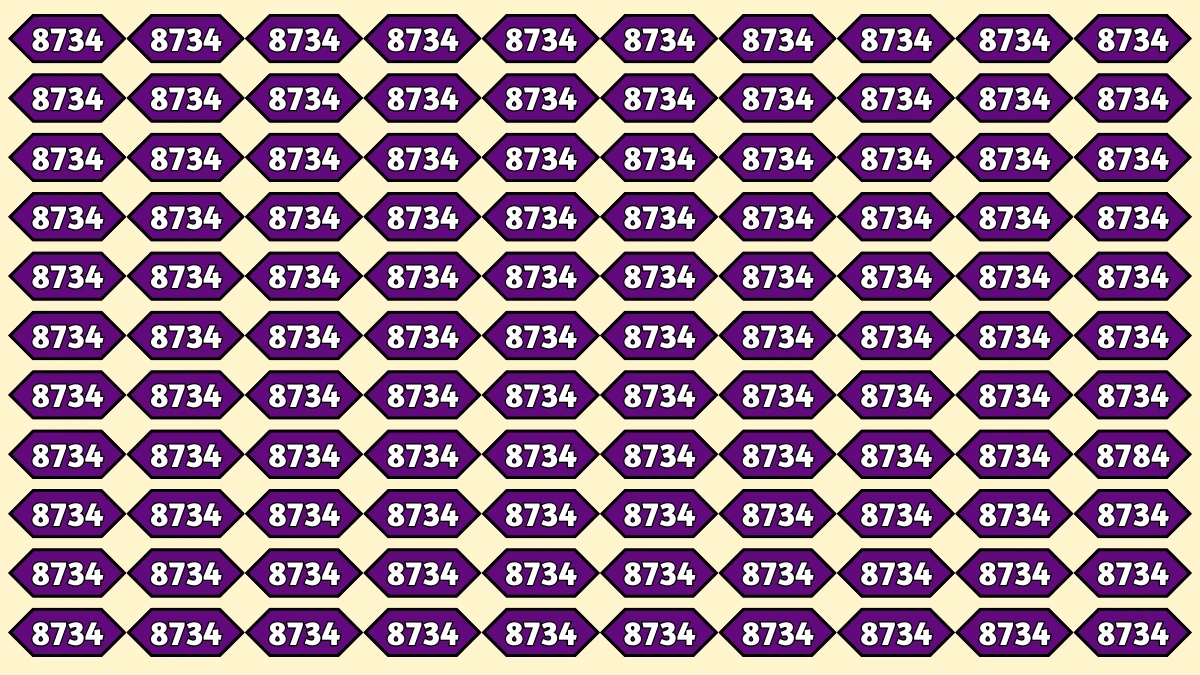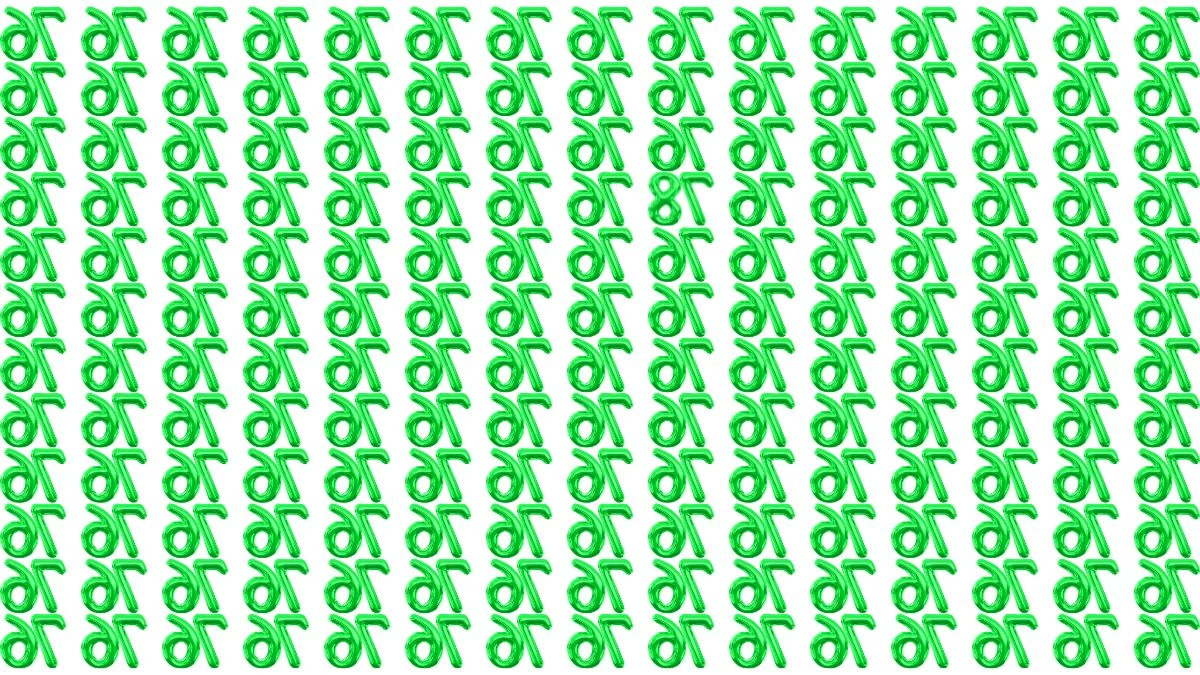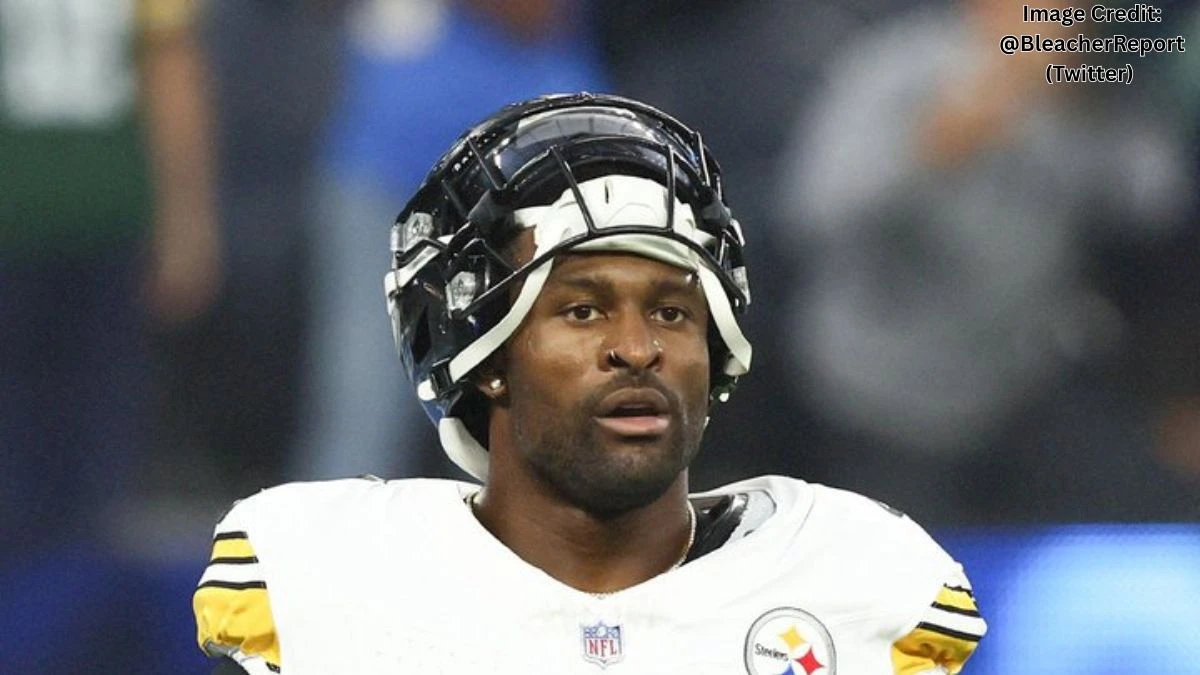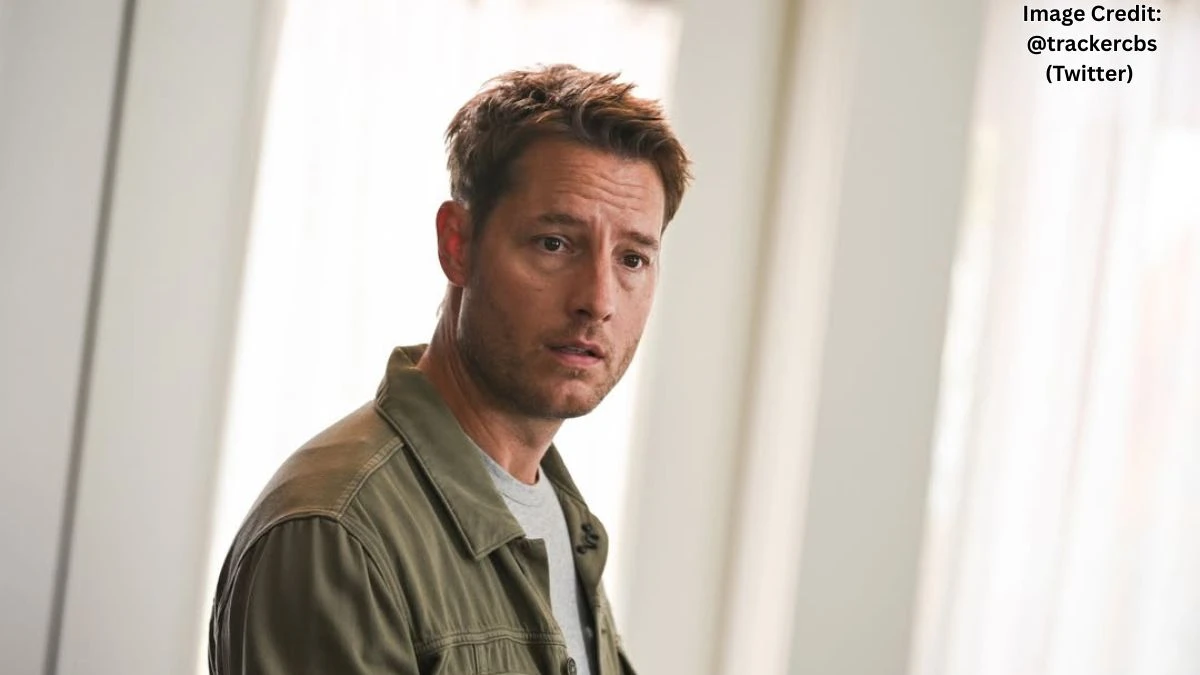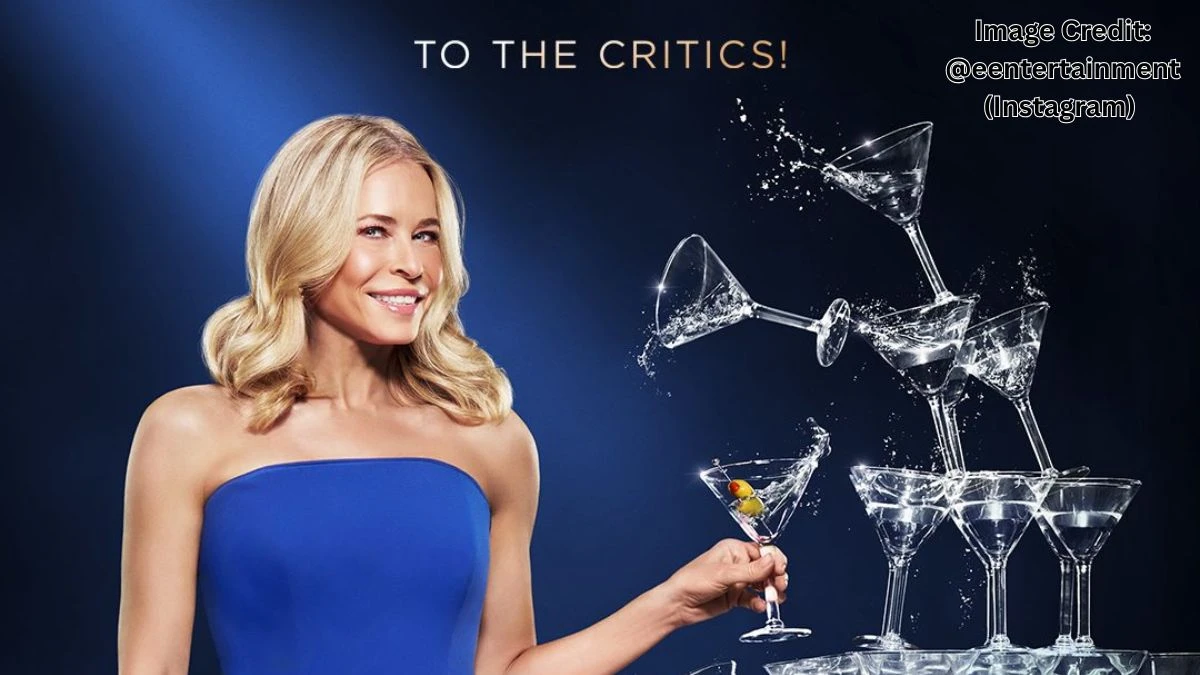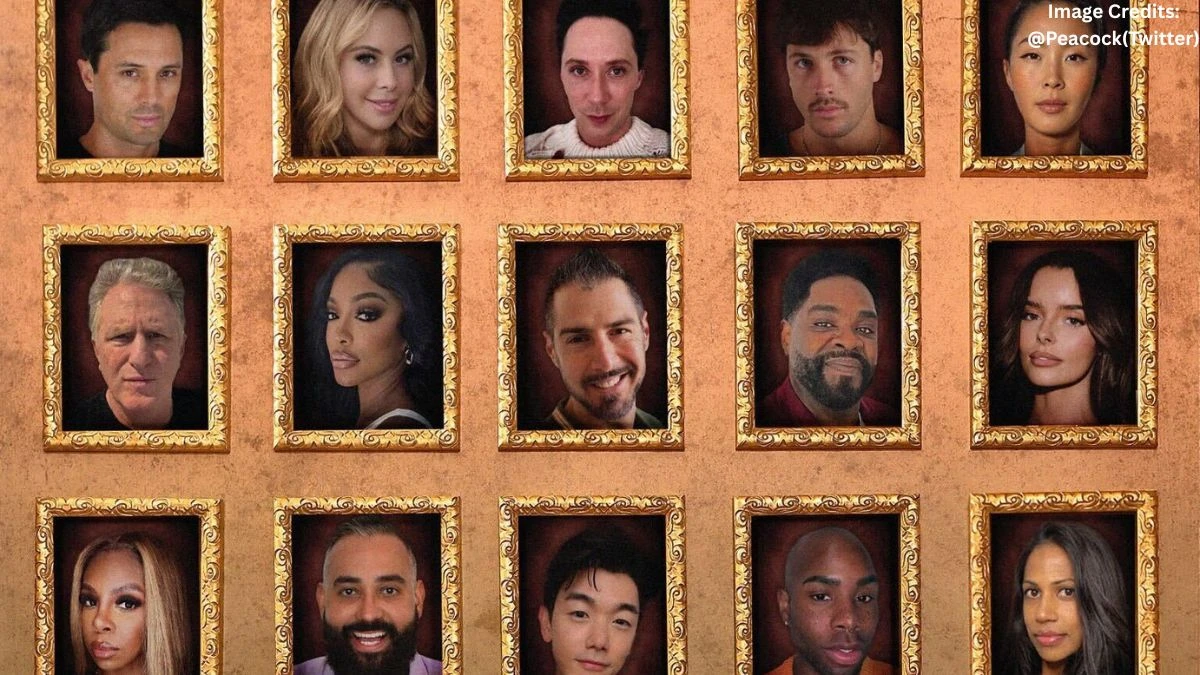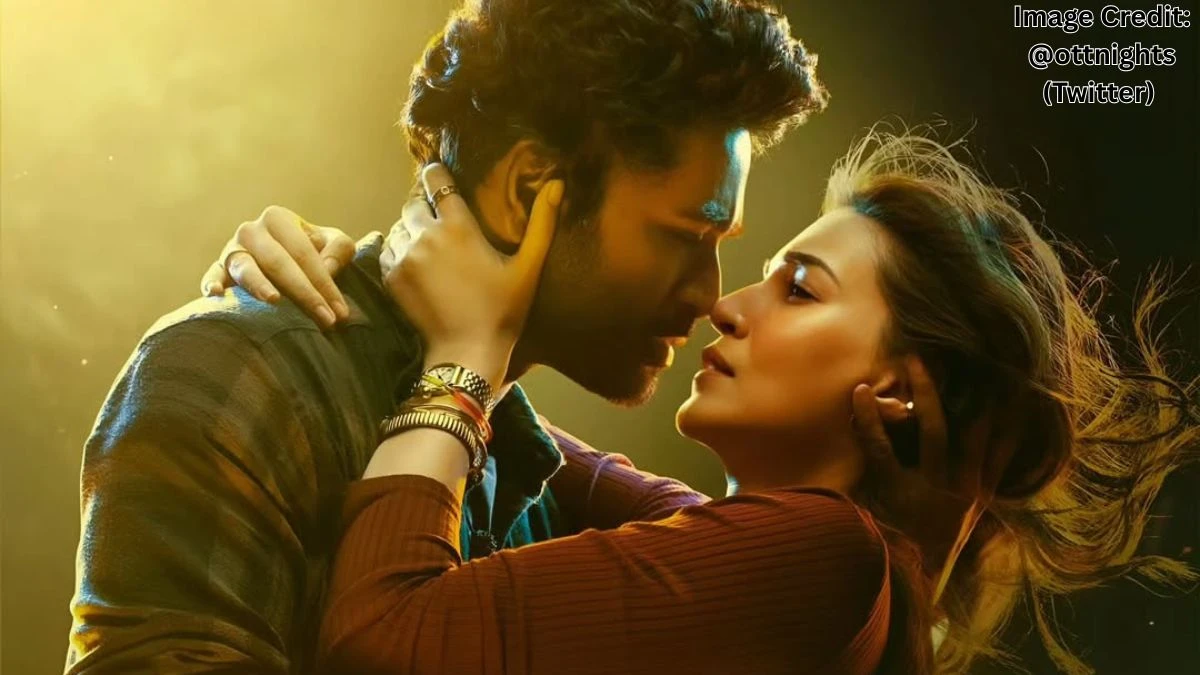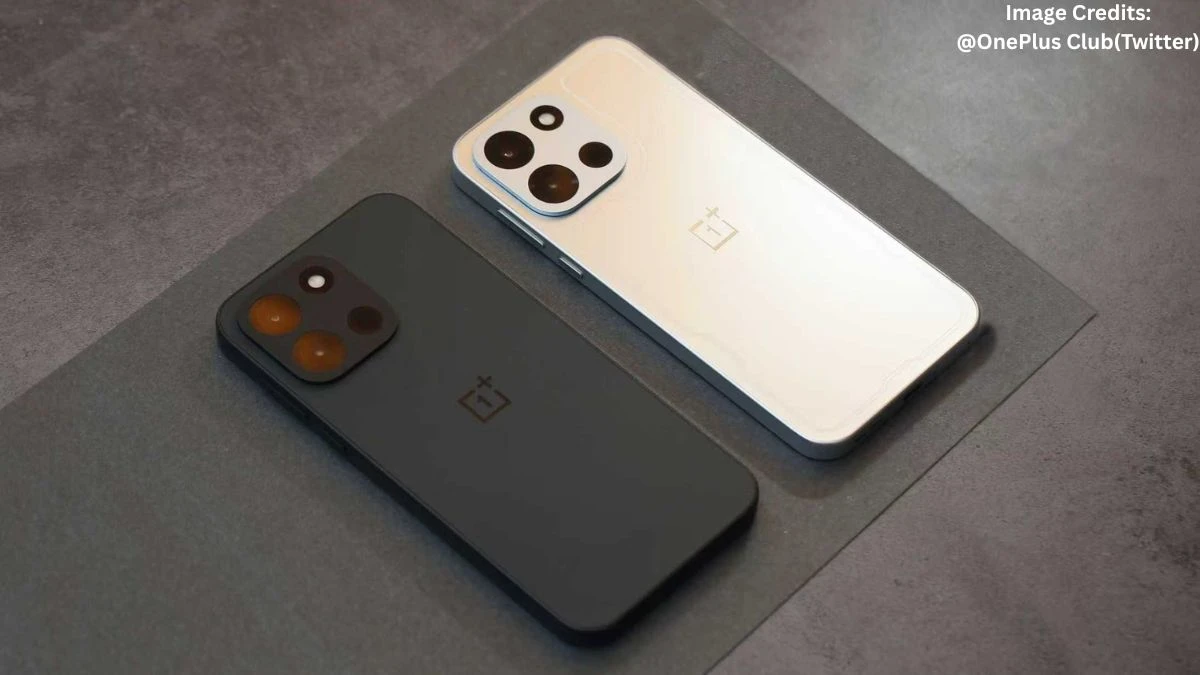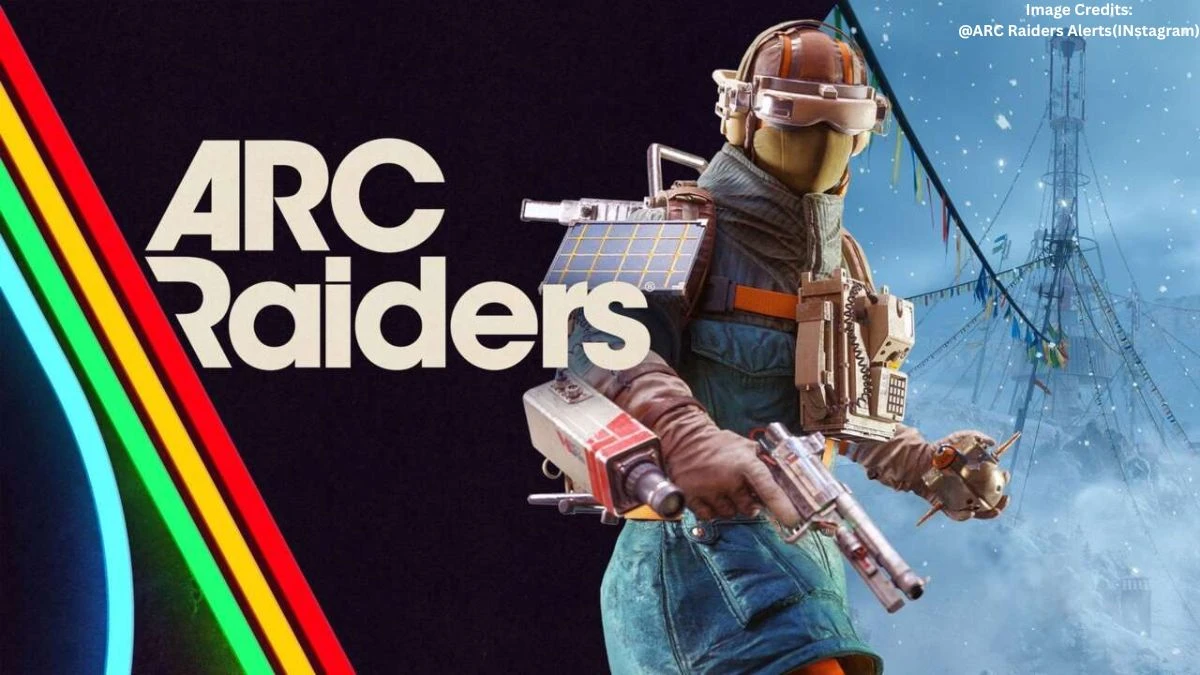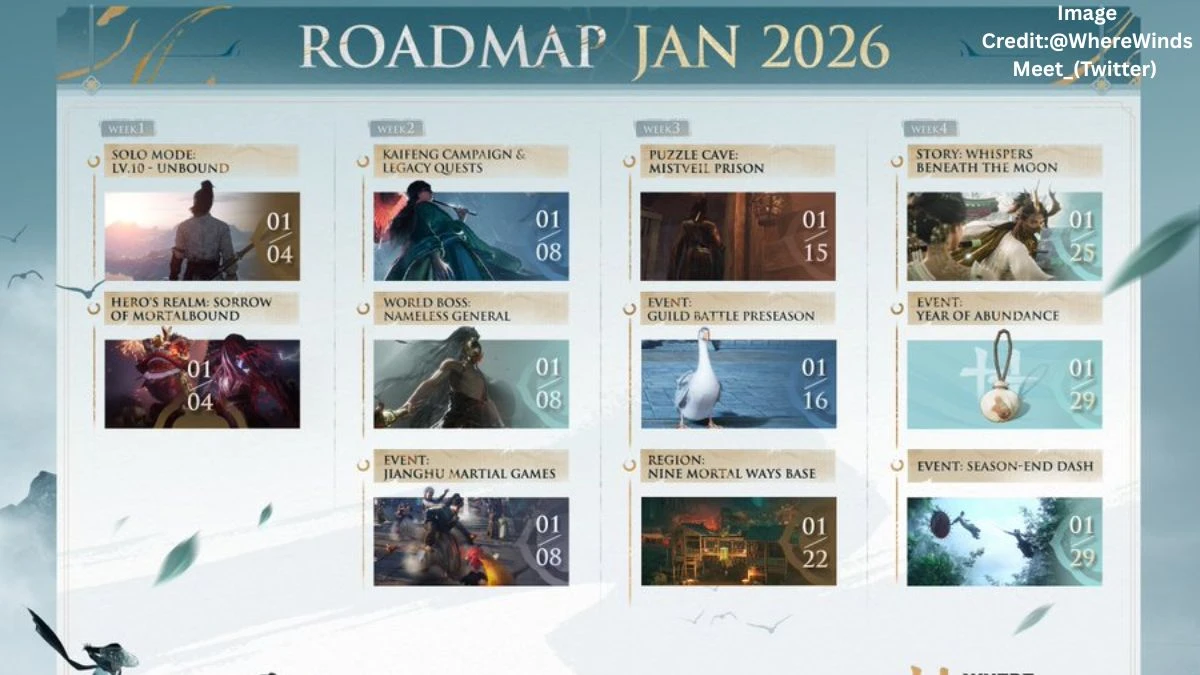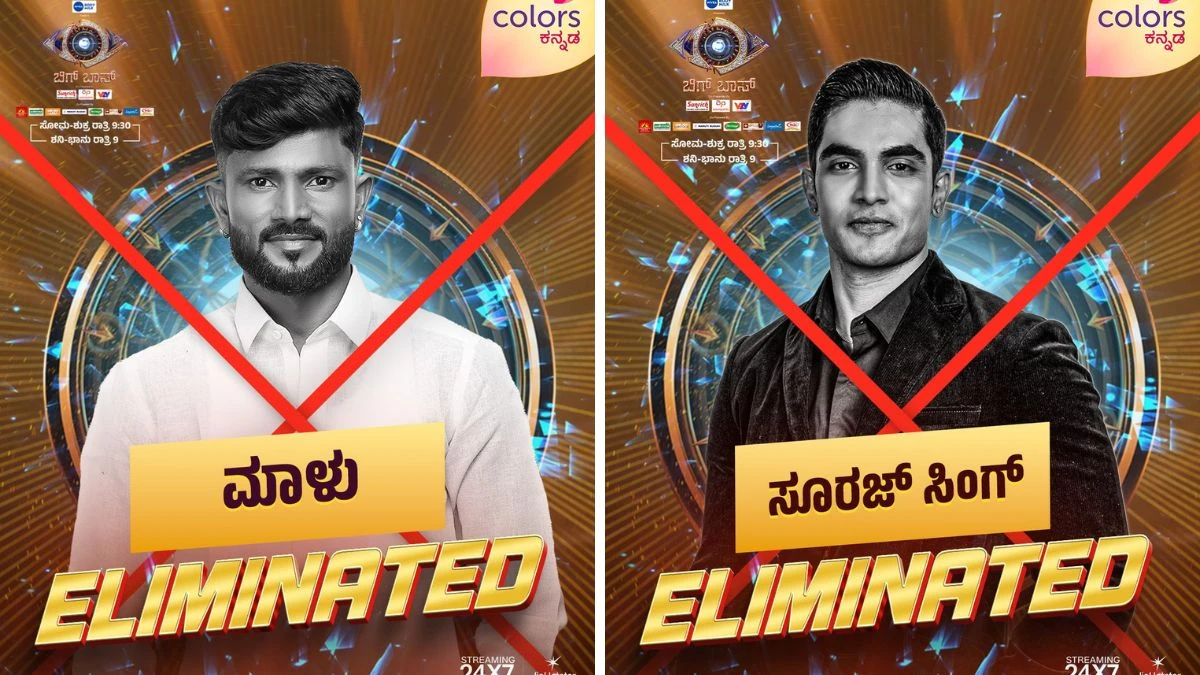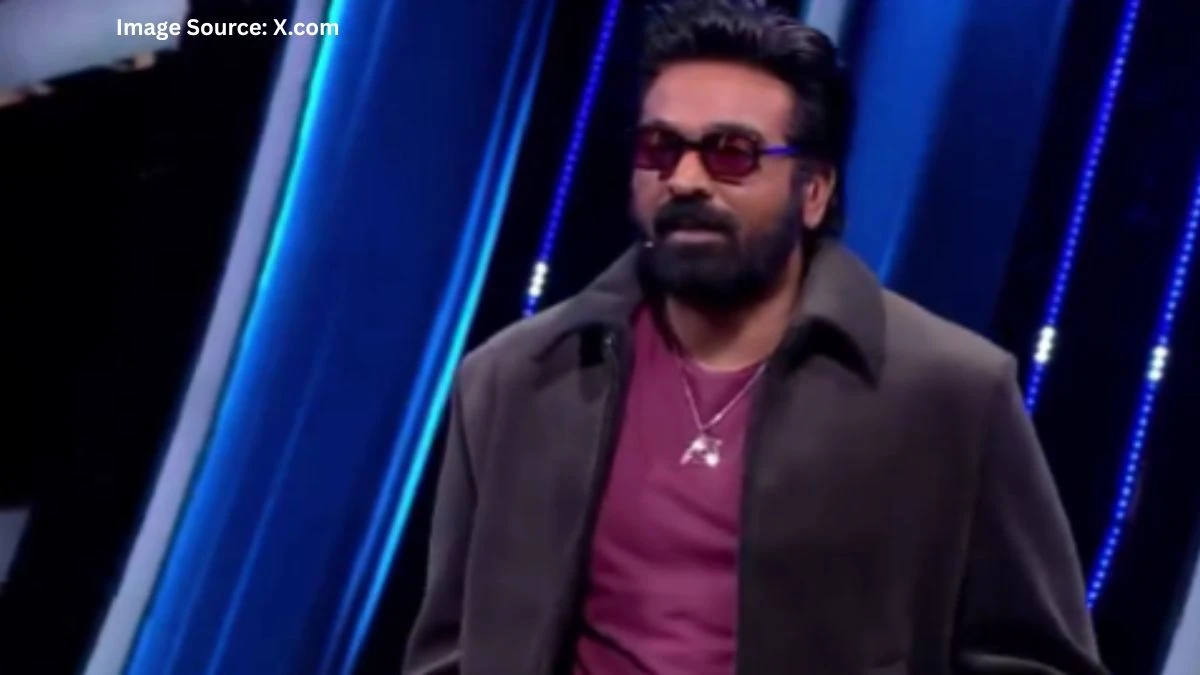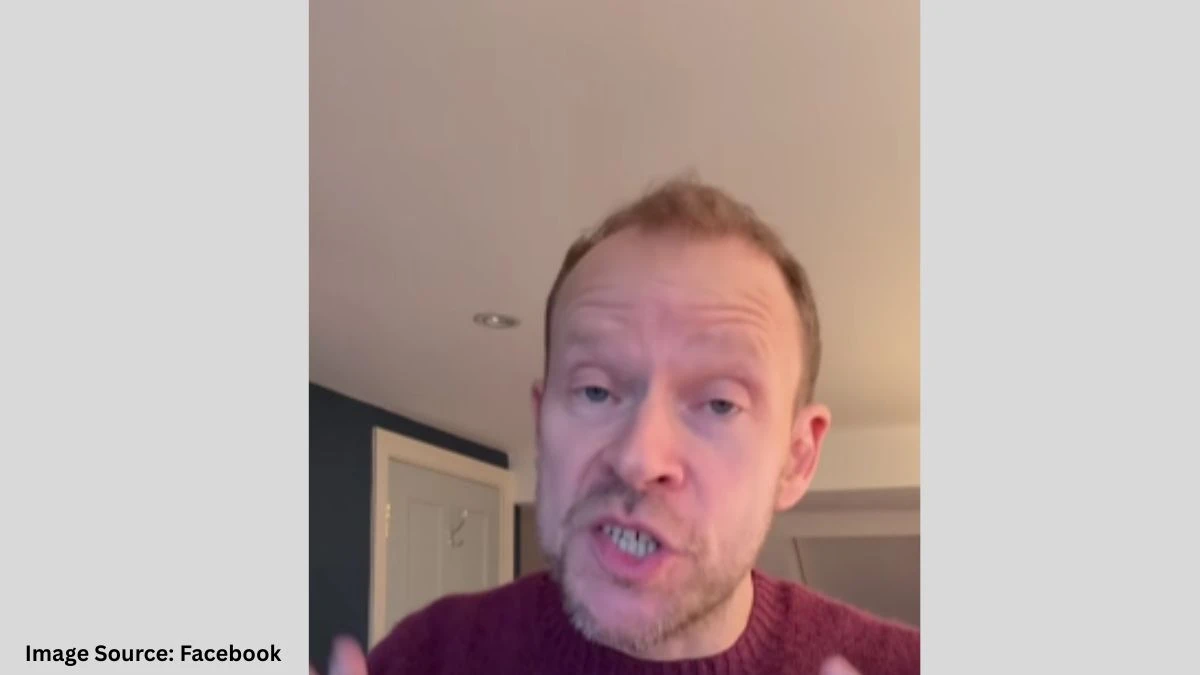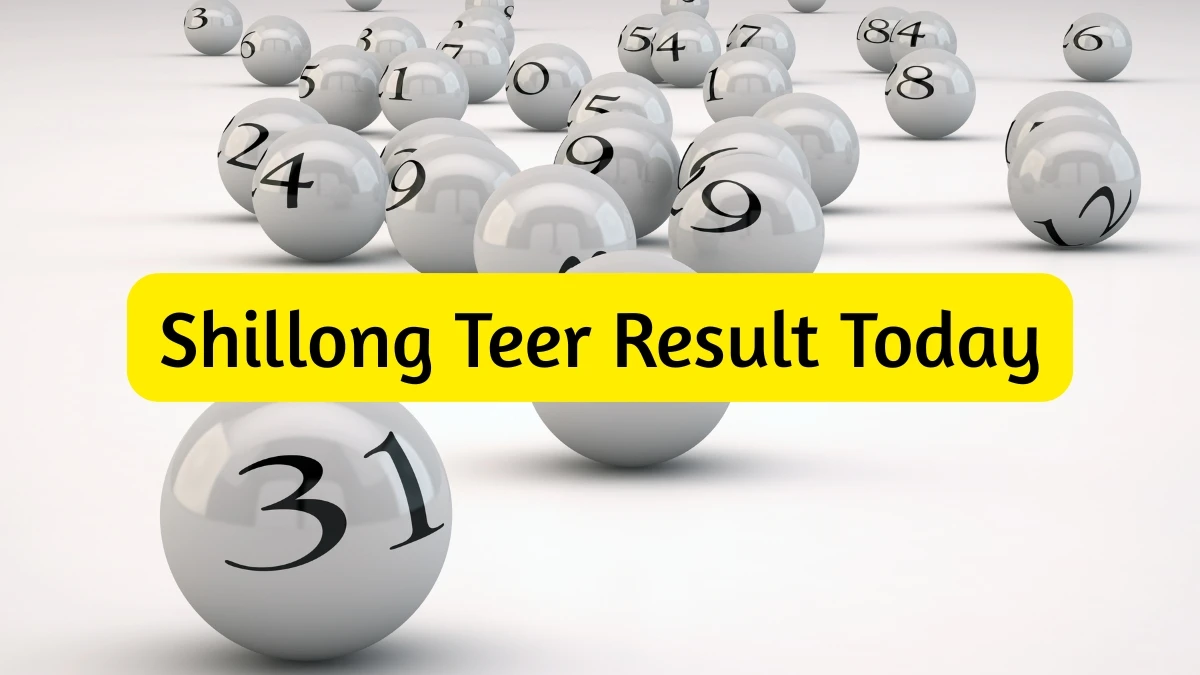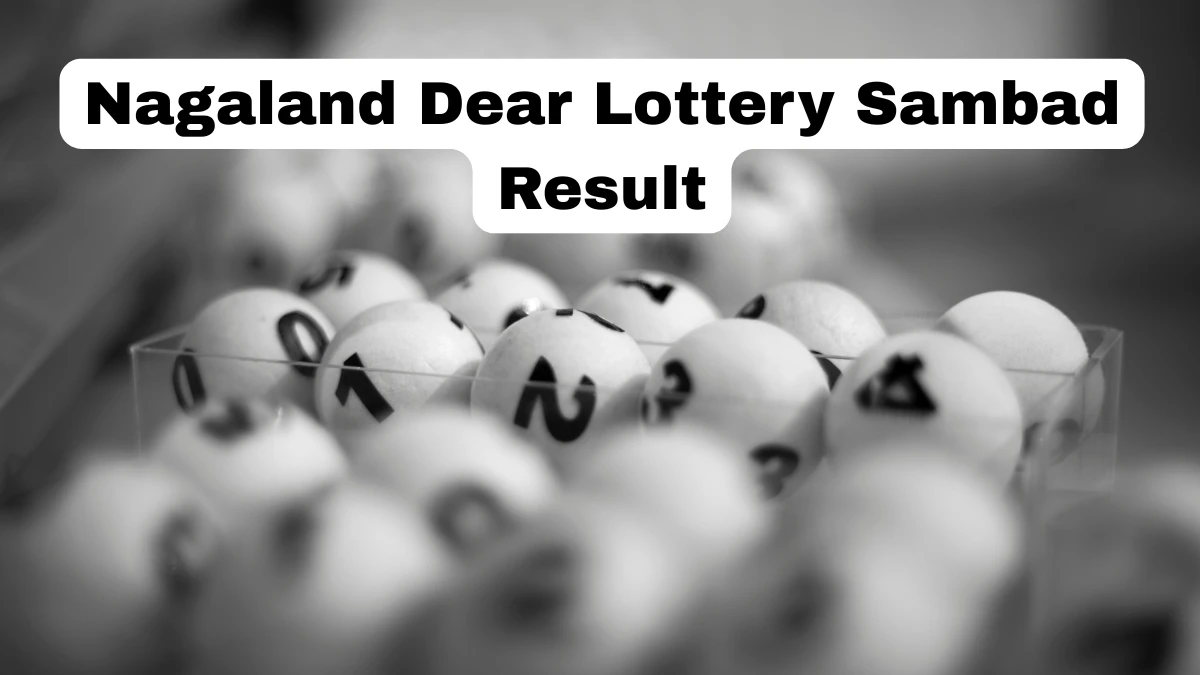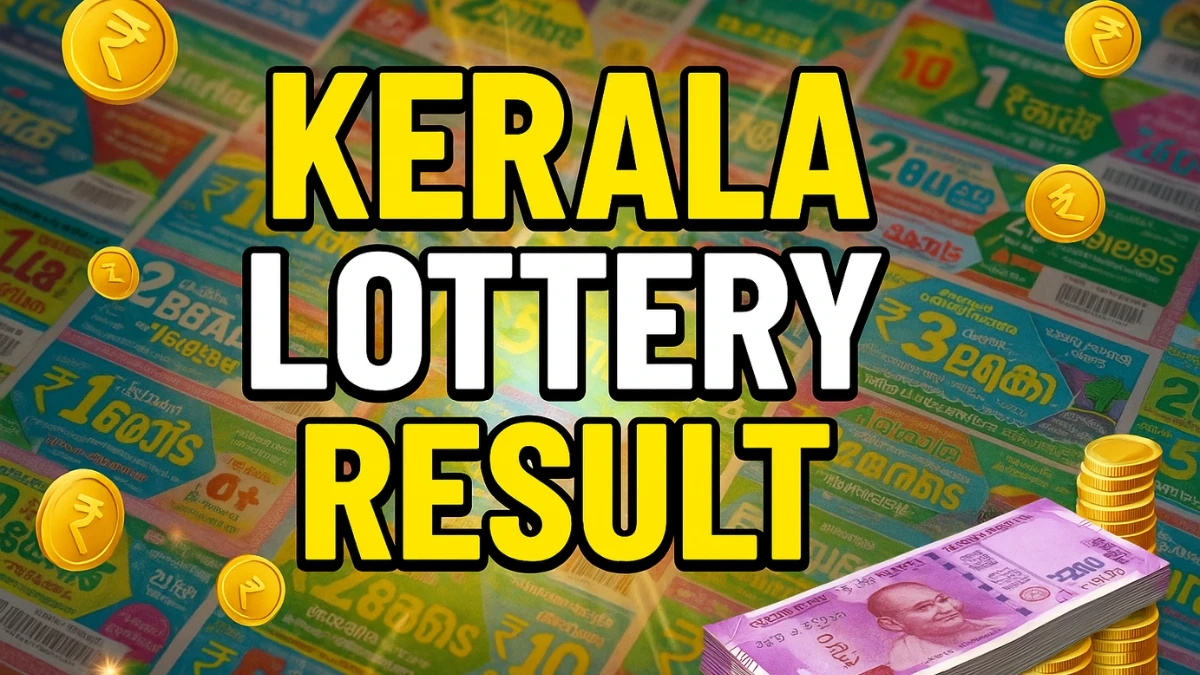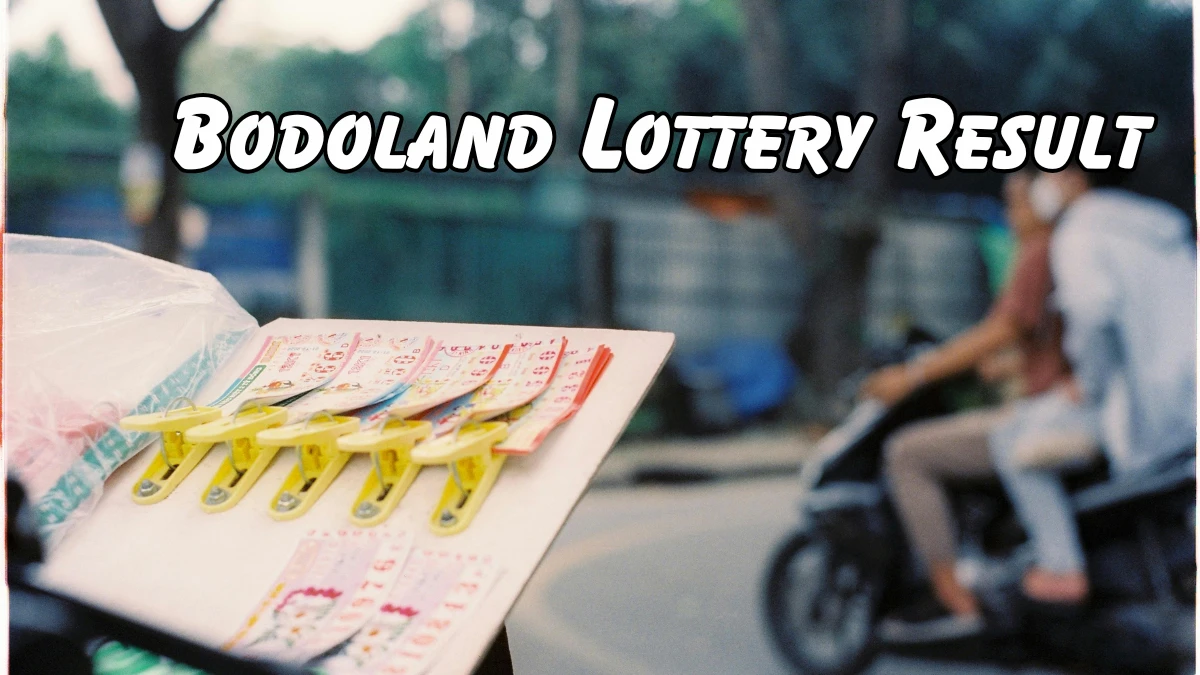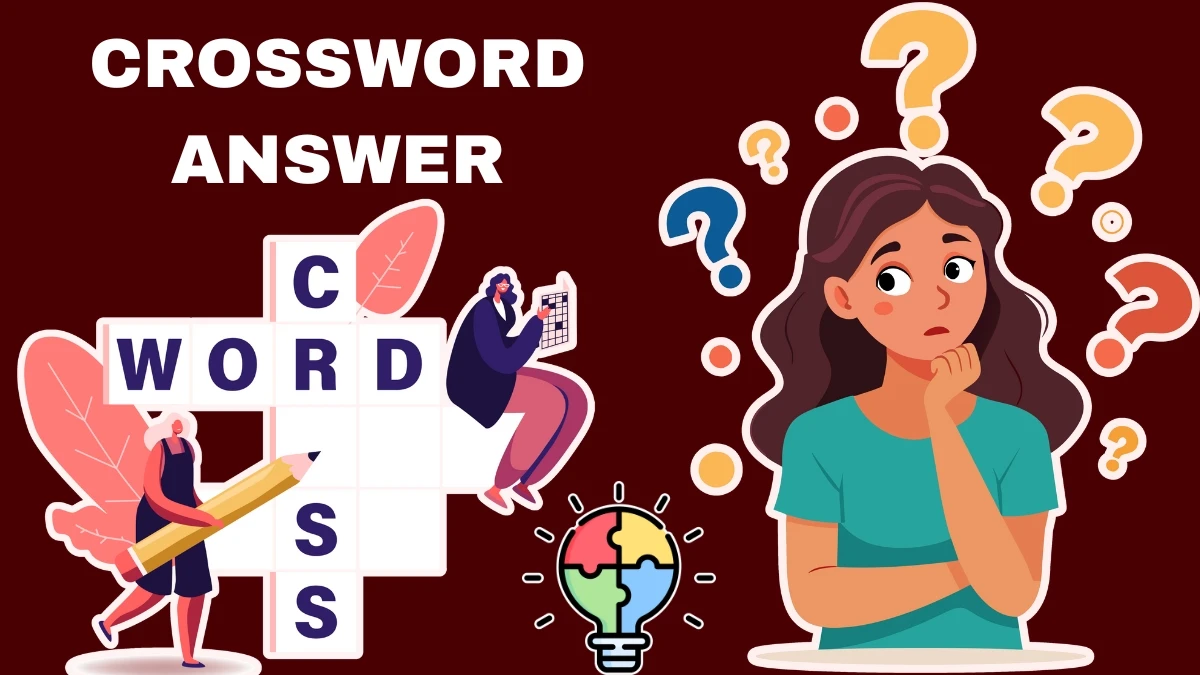The Prisoner’s Paradox: “If you tell a lie, we will hang you; if you tell the truth, we will shoot you” – Riddle & Explanation
Imagine a prisoner faced with a puzzling ultimatum:
“If you tell a lie, we will hang you. If you tell the truth, we will shoot you.”
This riddle has intrigued people for generations. At first glance, it seems there’s no escape—the prisoner will face death, no matter what they say. But is there a clever way out? Let’s break it down.
Understanding the Dilemma
-
If the prisoner tells a lie: They are to be hanged.
-
If the prisoner tells the truth: They are to be shot.
The catch is, whatever the prisoner says, it must be judged either as truth or lie. The challenge is to construct a statement that puts the executioner (the judge) in a logical dilemma—a paradox.
The Clever Answer
The classic solution is for the prisoner to say:
“I will be hanged.”
Let’s analyze both possibilities:
-
Suppose the statement is true (“I will be hanged”):
-
According to the original rule, if it’s TRUE, the prisoner must be shot (not hanged).
-
But if they're shot, their statement (“I will be hanged”) becomes FALSE, making it a lie.
-
-
Suppose the statement is false (“I will be hanged” is a lie):
-
A lie would mean they should be hanged.
-
But if they are hanged, then their statement was true (since they were hanged).
-
Whichever punishment the executioner chooses, it will contradict the condition. The statement cannot be classified as strictly true or strictly false, creating a logical paradox.
Why Does This Work?
This is a variation of the famous liar paradox (“This sentence is false”). Here, the rules themselves make it impossible to punish the prisoner according to the stated procedure, potentially saving their life—at least from the executions planned!
Other Possible Answers
Some variations might include:
- “I will be shot.”
- “I will be hanged or shot.”
- “I will not be hanged.”
Each of these leads to a paradox similar to the original.
The Lesson
This riddle illustrates the power of logic, paradoxes, and clever thinking—even when facing dire circumstances. It shows that sometimes, the answer is not what you say, but how you say it.

